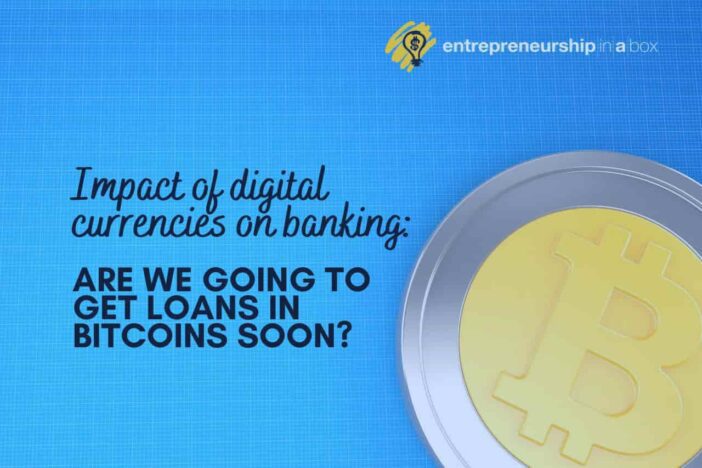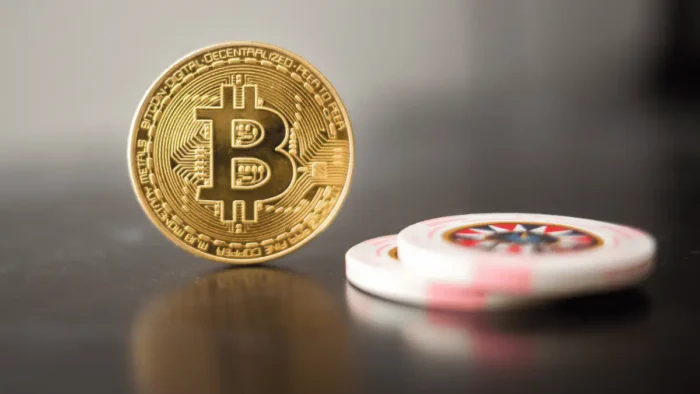Physical money, paper denominations, and coins – all of that could soon be completely removed from use and, according to some economic experts but also renowned financial institutions, the digitalization of money by central banks will significantly change the way banking works. We are witnessing the popularity of totally new currencies, cryptocurrencies.
At the same time, many companies are already trading and paying in cryptocurrencies, so the question is – how much this “virtual money” will affect the global economy.
What’s the Situation in Individual Countries Now?
At the level of individual countries, the finance ministers or other relevant institutions have proposed or will propose the formation of the interdepartmental working groups or similar that would deal with the policy of development and regulation of crypto-property rights, because this is a topic that is much talked about but little known.
This is to be done in order to and with the desire to consider all possibilities and channels of cooperation and investment in individual countries while, at the same time, many of the investors are already trading and paying in cryptocurrencies and especially in bitcoins, regularly tracking what affects the Bitcoin price. So, it’s a trend that’s unstoppable and no country wants to lag behind that process that will certainly change the way we do business on a global level. For all times.
At the beginning of the year, German Deutsche Bank predicted in its latest research that various digital currencies and cryptocurrencies, the so-called virtual money, could become “mainstream” in the next two years, and could significantly change banking.
Again, on the other hand, experts don’t agree so much with that. Many of them find it difficult to predict the wider impact of cryptocurrencies on banking as we know it today.
If a central bank or a certain financial institution were behind the digital currency and if we simply knew the regulator, there might be a chance for it to have a greater impact on the system. We think that with the currently present decentralized currencies, such as Bitcoin, it’s difficult to expect that because they won’t get the support of central banks and other institutions until no one is behind them.
What About the Banking System?
When it comes to the changes that virtual money will bring to banking, it’s considered that banks are certain to face a very turbulent time. On the one hand, there are cryptocurrencies, and on the other, there are central banks that are announcing the complete digitalization of money. As soon as all the money is digital, the central bank can independently perform the complete processing of all transactions, and theoretically, there’s no need for other banks to participate in payment operations.
Today, central banks can’t do that because they don’t have the physical infrastructure, meaning hundreds and thousands of branches. However, in the era of digital money, this physical infrastructure will be replaced by IT infrastructure, and central banks will be able to afford it.
Yet again, the question arises in the situation if the money was exclusively digital – the account is opened online, transactions are done online, loans are approved online – will we need all these branches that we have today?
We aren’t talking about the distant future here. In some countries, there are already banks without branches that do everything online. In general, in the short run, we think that the digitalization of money by central banks will change banking much more than cryptocurrencies. In the long run, a huge impact of cryptocurrencies on the entire financial system is expected, but we don’t dare to predict how that impact could manifest itself.
How Long Will Physical Money Withstand?
We believe that it’s inevitable that money in physical form will be completely thrown out of use at some point. In Sweden, it will happen in a couple of years, but there are countries where this process will certainly take time.
In addition to digital currencies issued by central banks and cryptocurrencies, various companies will certainly fight for their place with their digital money, which will more or less resemble the cryptocurrencies we have now. You have all probably heard that Facebook has very serious plans in regard to this. It’s difficult to say who’ll own what part of the market.
We emphasize that regulators who can favor some cryptocurrencies in relation to others will certainly play an important role but, of course, the users themselves will be asked, and they will make a decision based on various parameters: ease of use, availability, distribution, privacy, price stability, and legal security.





